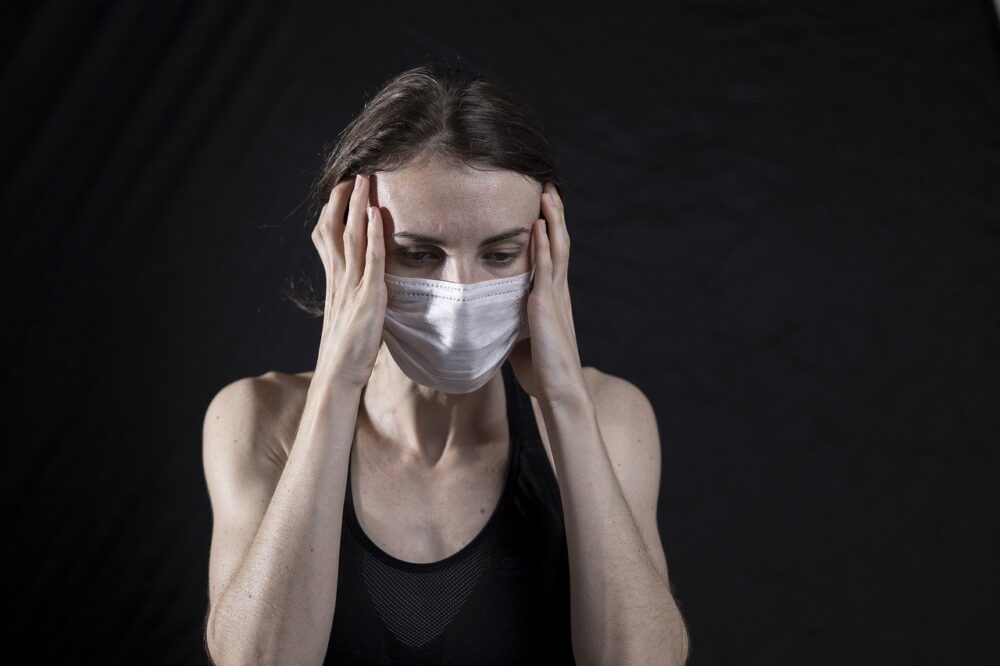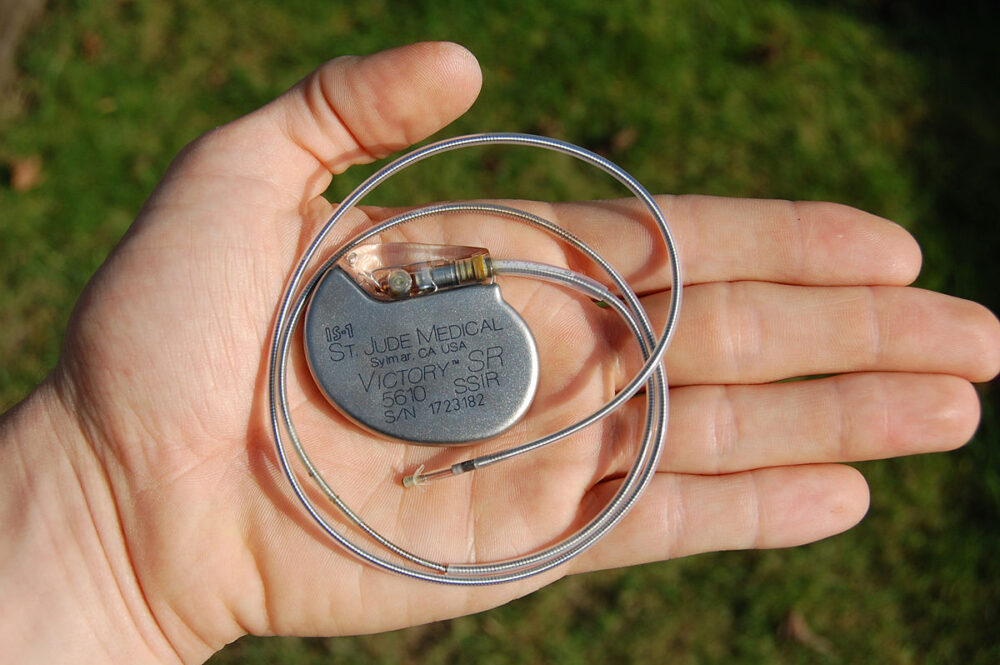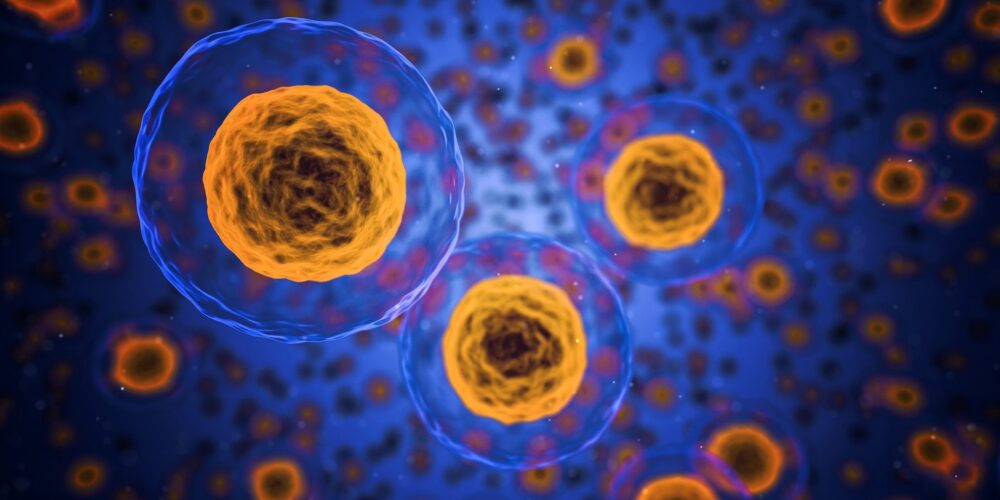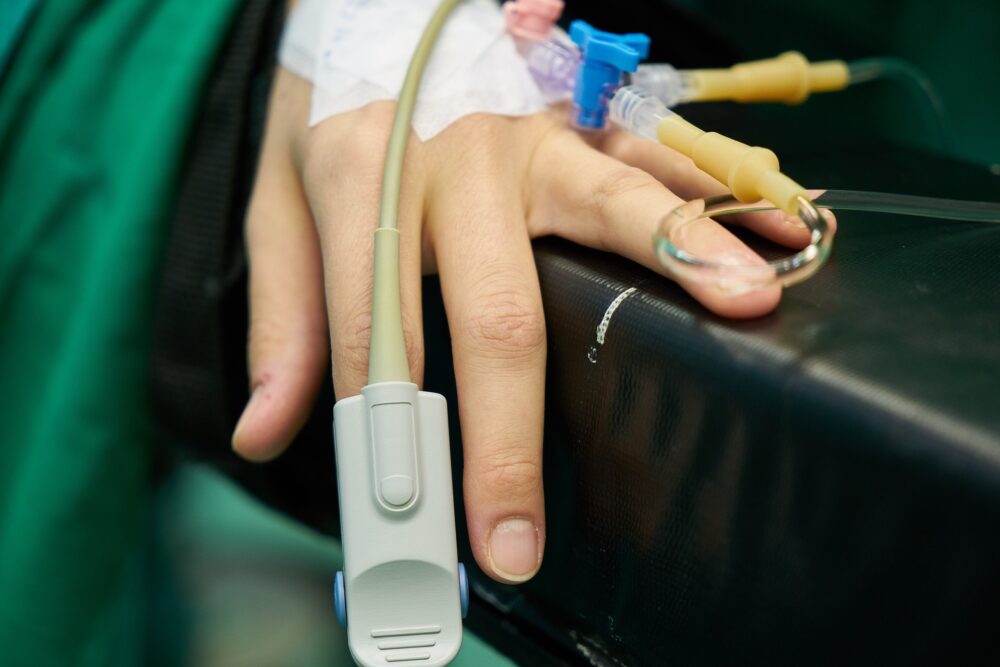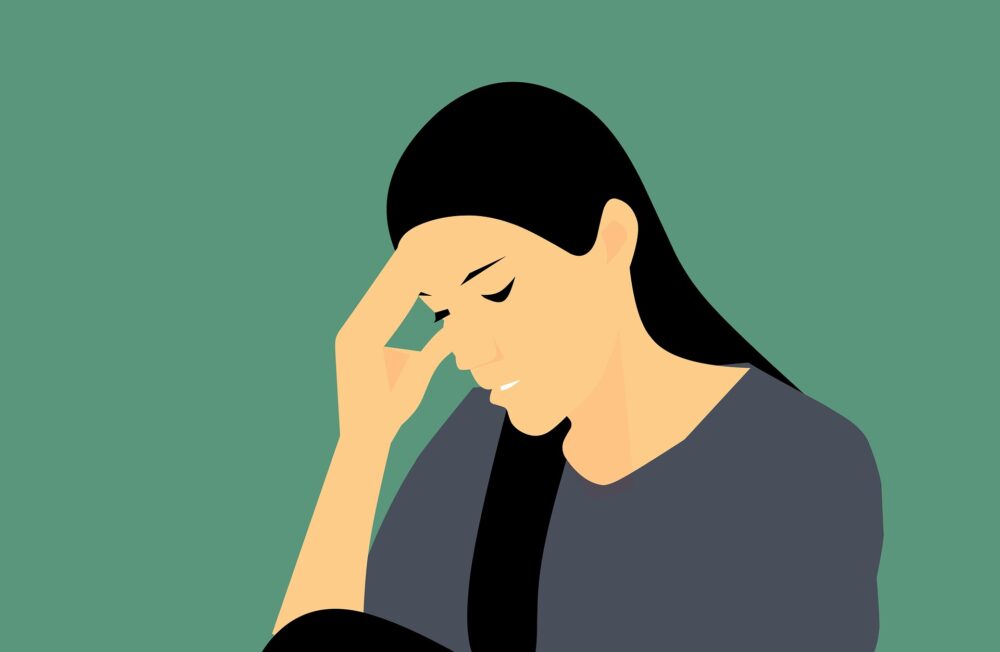Take two more minutes, take one less drink
Breathe in. Breathe out. Look away. Stay sober. Addiction is not an active choice to engage in potentially harmful behavior; it is a disease. In fact, conscious attempts by addicts to avoid drug and alcohol use are frequently suppressed by their neural processing systems. Changes in cognition, emotion, and environment all affect a body’s ability […]
Take two more minutes, take one less drink Read More »


